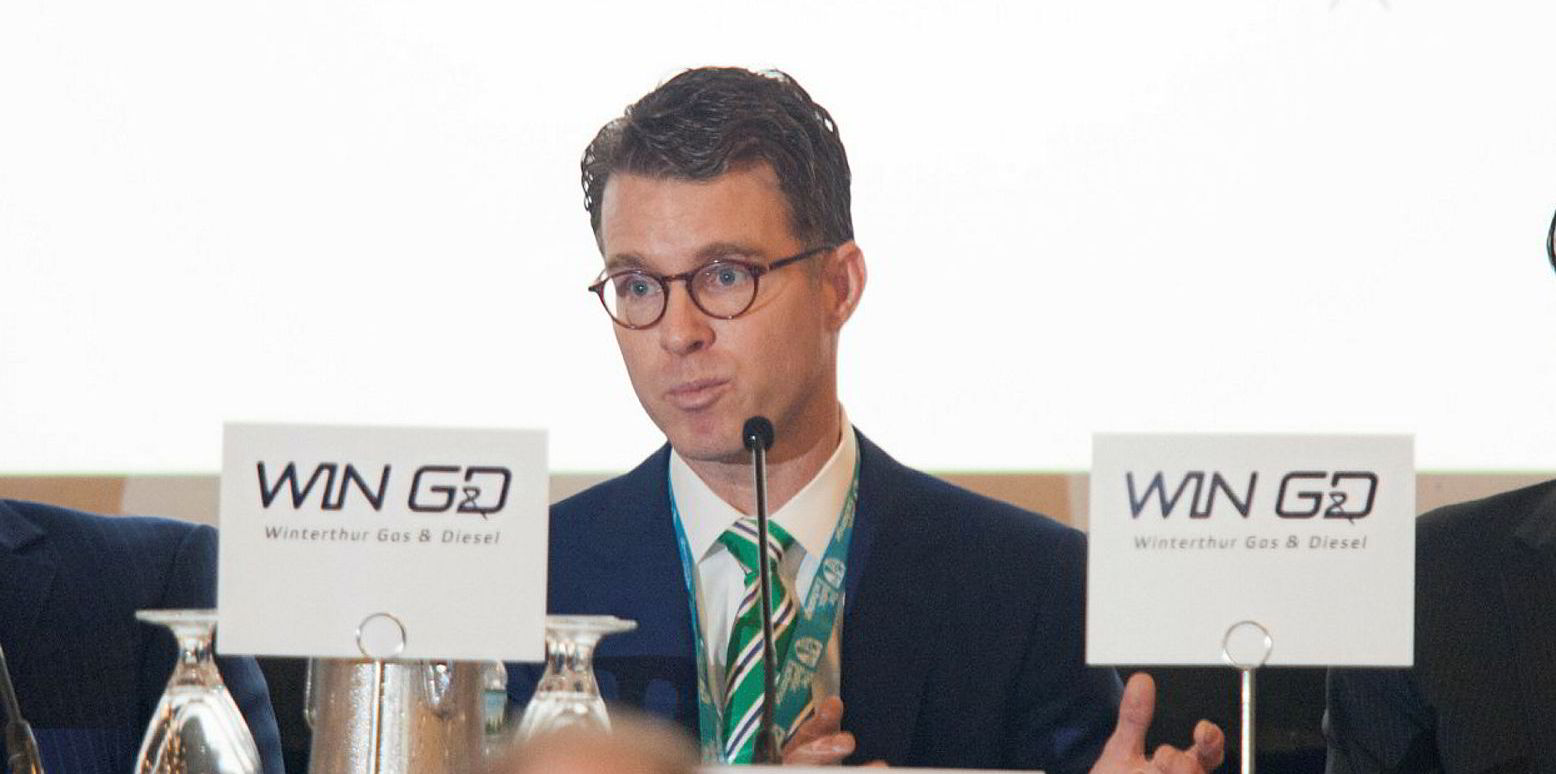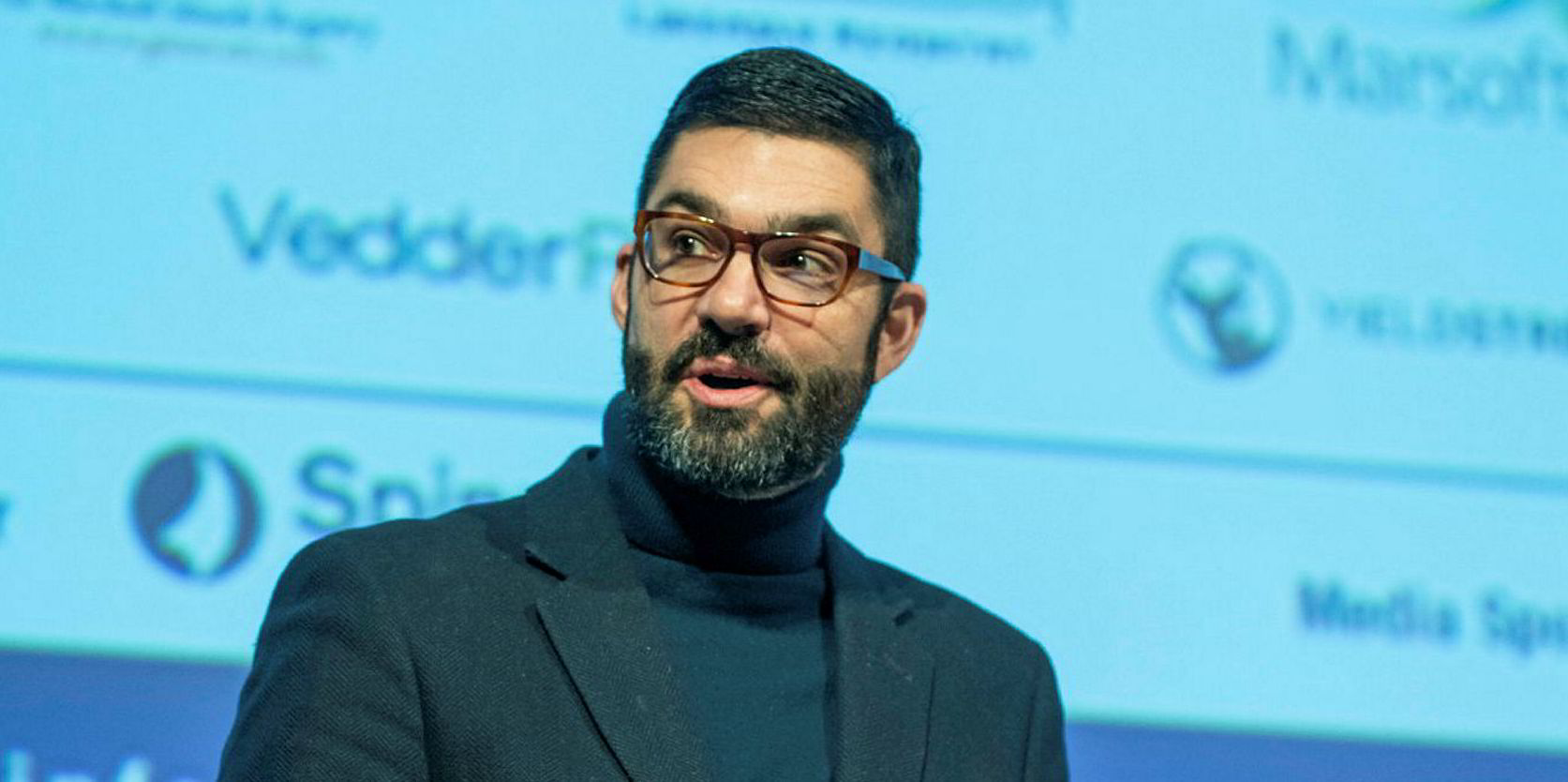Denmark's Maersk Tankers is taking over commercial management of 27 chemical tankers owned by Team Tankers International as it continues to grow its fleet.
The new cooperation involves the establishment of two new pools, as Maersk Tankers enters two new vessel-size markets.
Team will gain access to its partner's expertise, and in particular its strong emphasis on reducing CO2 emissions and improving returns.
Maersk Tankers' fleet will increase to more than 225 ships under management, cementing its position as one of the market leaders in the MR segment, where it already manages a pool jointly with Cargill.
As part of the agreement, employees in operations, chartering and bunker management divisions will transfer from Team to Maersk Tankers’ offices in Copenhagen, Houston and Singapore.
“The cooperation is a further step towards building scale for our tanker fleet,” Team Tankers president and chief executive Hans Feringa said.
Good timing
“We believe the timing of the cooperation is good as the medium and longer-term outlook for the product and chemical tanker market is positive, and the order book is at a historically low level.”
Of the 27 tankers, nine are 13,000 dwt, four are 25,000 dwt and 14 are MRs. Team's 12 smaller ships are not included.
"This allows the company to serve customers with greater flexibility, while expanding its products to pool partners," Maersk Tankers added.
Maersk Tankers, which TradeWinds reported made a “ship-sized investment” in CargoMetrics Technologies in 2017, uses its services to increase the efficiency of its product tanker pool.
Each morning, it runs 200m to 300m simulations of where to move its vessels to optimise trading options for up to the next two months.
This has increased time charter equivalent earnings by $1,200 per day for each vessel in the Maersk Tankers pool over the market average, CargoMetrics' Scott Borgerson said recently.
“It’s possible that someone like Maersk Tankers could operate a pool two, three, four times as big, with the same people or even fewer,” he said.
Chief investment officer Claus Gronborg described the new cooperation with Team Tankers as "powerful".
"With this, we are taking yet another step to deliver our strategy of building scale through partnerships forged by the common goal of using digitisation to reduce CO2 emissions and increase partner returns," he said.
"The growth in capacity means we can offer our customers additional flexibility in transporting their cargoes and improve our returns to existing and new pool partners."
The cooperation will start from 1 April, with the ships entering pools over the following months.
Further ambitions
"It is the ambition of Maersk Tankers to build further partnerships in the existing and new segments, and further increase the pools’ capacity," the company said.
The owner has previously flagged it wants to take its fleet tally to 300 vessels.
It aims to add 100 more tankers to its pools over the next few years, according to chief executive Christian M Ingerslev.
Maersk Tankers was very active in the second half of 2019, adding about 40 ships to its total.
It is expecting similar expansion in 2020 and beyond.
Saudi owner Bahri Chemicals was the latest company to join the Cargill Maersk MR pool, adding four newbuildings this month.
Cargill and Maersk Tankers announced their strategic partnership in mid-September 2019, when the commodity giant said it would contribute its 20-strong MR fleet to the pool.
The pool is managed by Maersk Tankers, with members of Cargill’s tankers team joining to provide support on a full-time basis.
BP Shipping deal
Mearsk Tankers also added 11 vessels in a deal with BP Shipping and ICBC Financial Leasing last year.
The Danish company is taking each vessel from the Chinese owner under a bareboat charter arrangement.
The outfit will then hire them out to BP under a three-year time charter.
Maersk Tankers will have full responsibility for operational risks and technical management.
The company has also been selling some older ships, and snapped up seven handysize product tankers from Malaysian shipowner AET in September, paying $93.5m in an en-bloc sale.
It posted a loss before tax of $35m (DKK 232m) amidst low spot market rates for 2018, despite revenue growing to $647m.
Maersk Tankers went private in 2017 in a deal that saw it acquired by AP Moller Holding and Mitsui & Co.







